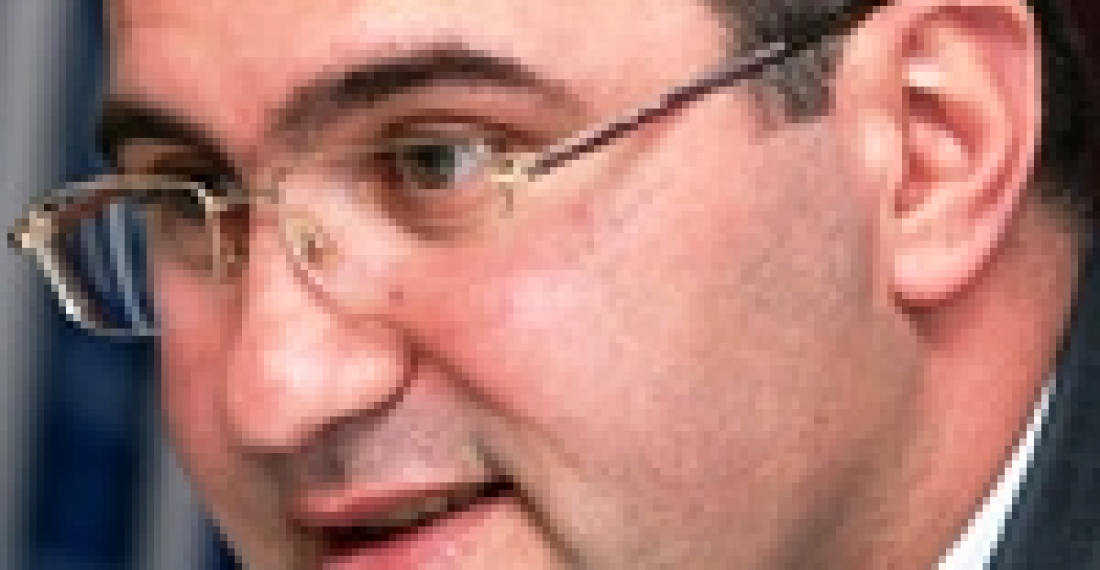Armenian armed forces is the key factor successfully restraining the shady undertakings of Azerbaijan and a new aggression against the Nagorny Karabakh Republic, Armen Martirosyan, parliamentarian from Heritage opposition party, said in a briefing in the parliament, Friday. Therefore, he said, a new war in Karabakh is unlikely in the nearest future despite the forecasts of international analytical centers.
"Our army is promising enough to ensure the balance of forces. In addition, Aliyevs' clan hardly wants to lose its oil dollars, and foreign companies that have made huge investments in the oil sector in Azerbaijan will not allow Baku to endanger their funds," he said.
He recalled the recently downed Azerbaijani drone as a bright example of the Karabakh army's efficiency.
Azerbaijani unmanned aircraft Hermes-450 was downed on the line of contact of the Karabakh and Azeri armed forces near Martuni on 12 September.







